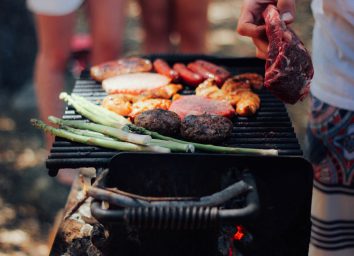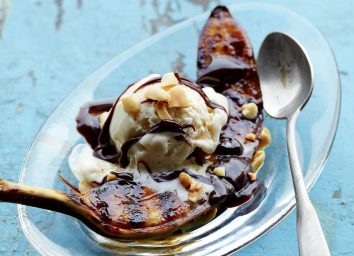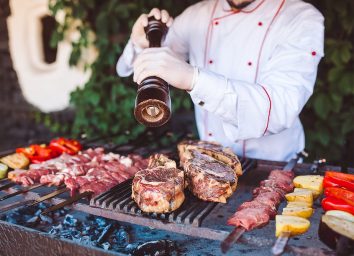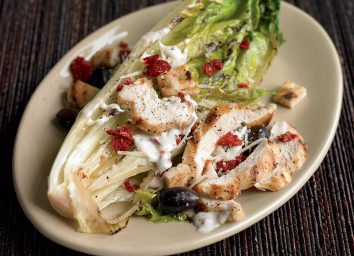13 Grilling Mistakes That Could Be Making You Sick
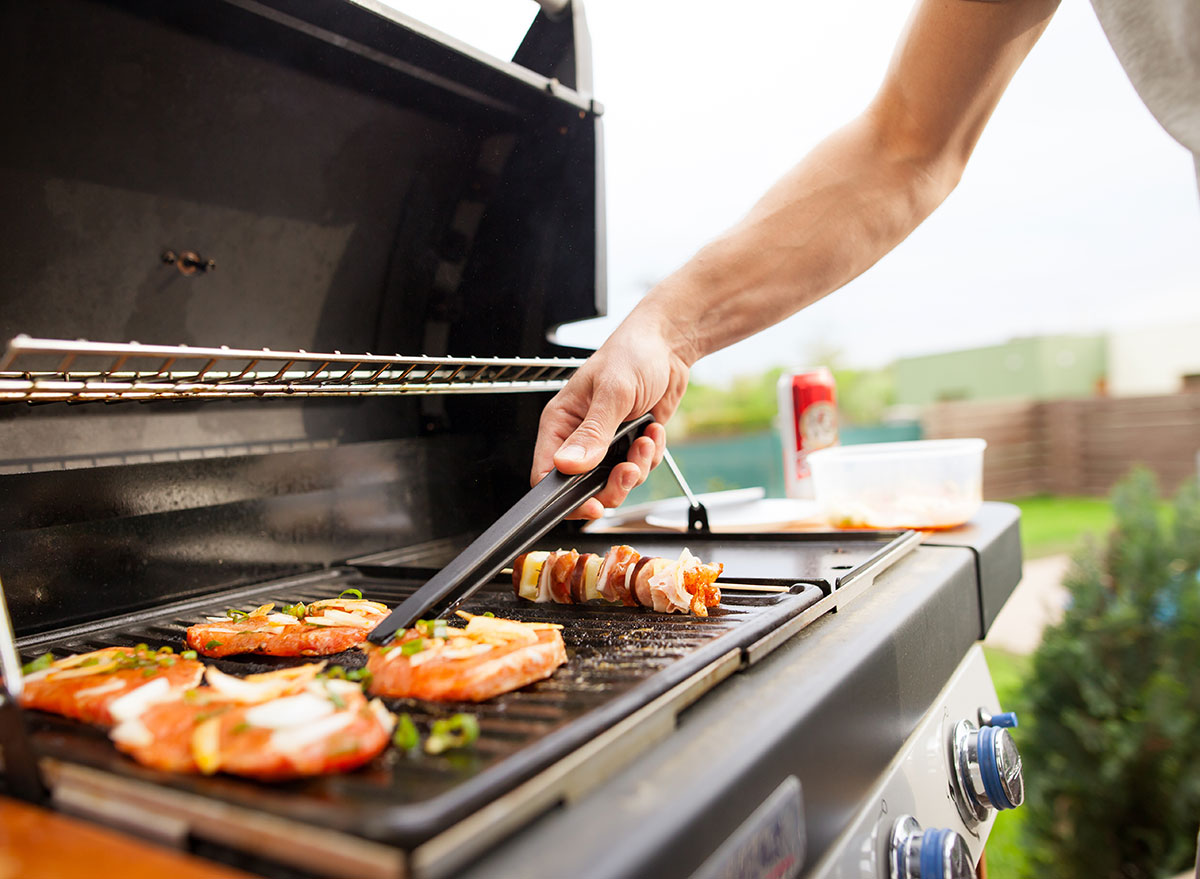
Simply put, nearly everything about grilling season makes it one of the best times of the year. You can enjoy the outdoors while you meal prep, almost every barbecue recipe is supremely shareable, and it's a casual yet fun way to entertain. Unfortunately, grilling is also ripe with opportunities to make some major food safety mistakes if you're not armed with the proper grilling tips, which can leave you and your summer party guests more susceptible to foodborne illnesses and upset stomachs.
More than 128,000 Americans are hospitalized each year as a result of a foodborne illness, according to the Centers for Disease Control (CDC), and the most common culinary culprits are almost all things that you might grill (produce, meat, and poultry are the top three).
To guarantee you're sending everyone home satisfied rather than sick, steer clear of these grilling goof-ups at your next BBQ.
Mistake: Lighting up the grill without cleaning it first.
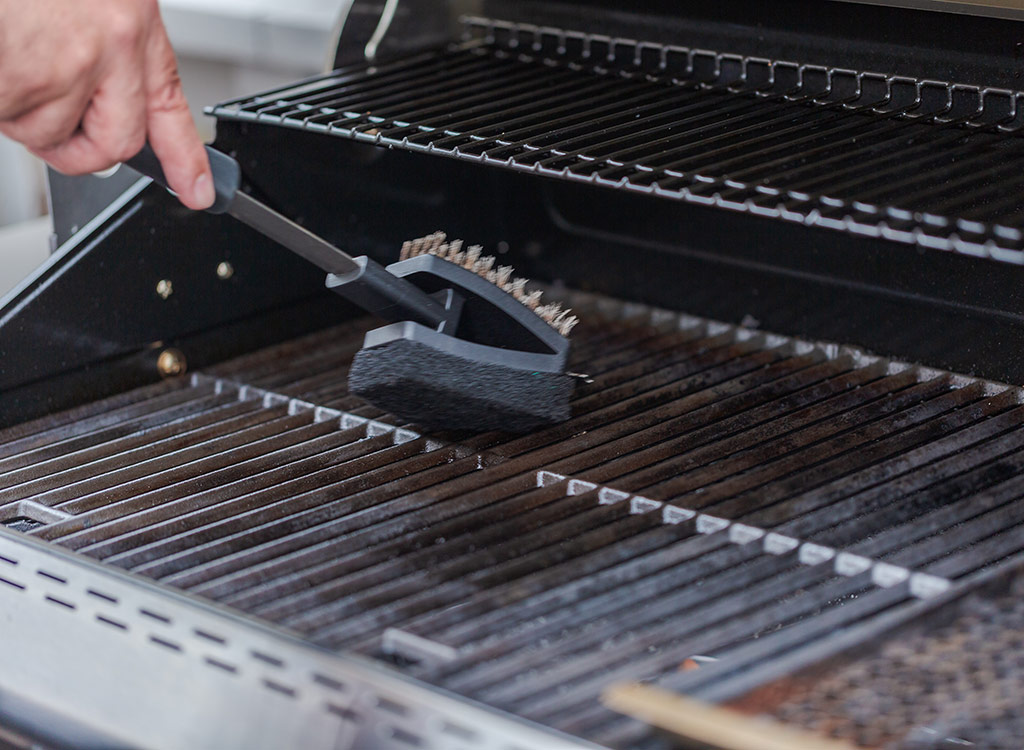
Make a clean sweep of things before you heat things up—it's that simple.
"When you first use the grill in summer, clean it with a wire brush. The high heat of the grill should kill all of the pathogens, but this extra step will help you make sure you're being food safe," says Deirdre Schlungger, CEO of the nationwide non-profit Stop Foodborne Illness. "Most of what you're removing will be dirt, but there could potentially be droppings from birds or other creatures." Our stomachs are turning already thinking about accidentally ingesting any of that.
After preheating the grill, use a grill brush to give the grates a good scrub, and wipe the grates down with vegetable oil before adding food," explains Morgan Bolling, senior editor at Cook's Country Magazine (a part of America's Test Kitchen) in Boston, Massachusetts. In addition to removing any bonus "ingredients" from nature, "an unclean cooking grate can impart off-flavors into your food. Oiling the grill grates helps prevent sticking."
No need to reach for anything too scientific either, says Vincent Sturgis, a chef evaluator at Auguste Escoffier School of Culinary Arts in Boulder, Colorado.
"I try to stay away from chemicals on my grill. This helps prevent cross-contamination if not all chemicals are removed properly," he says. Who wants to munch on meat that's been tinged with chemicals?
Mistake: Skipping the preheat phase.
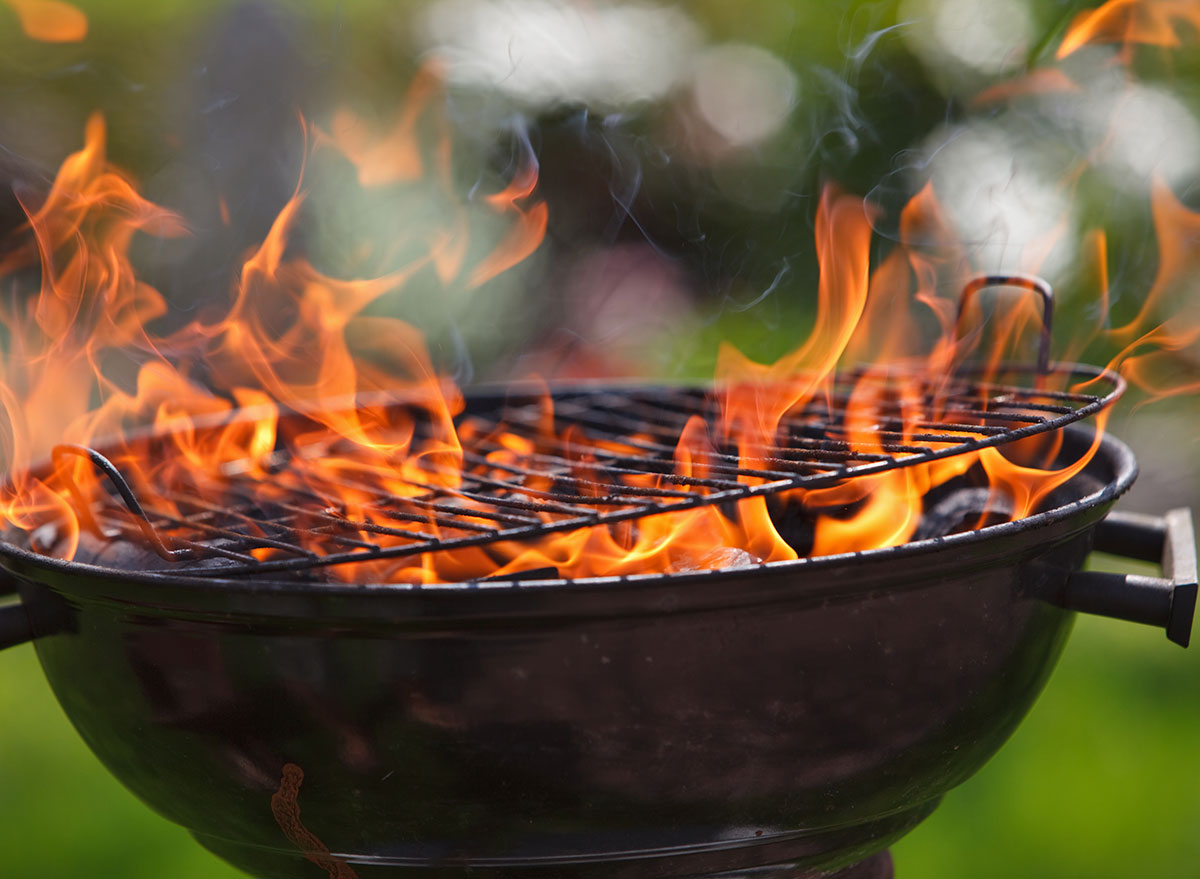
After brushing up on your grill prep, make sure you turn up the heat early enough.
"Be sure to preheat your grill thoroughly—we suggest 5 minutes for charcoal after adding the lit coals, or 15 minutes for gas over high heat," Bolling says. "This helps scrape off any residual food stuck to grill grates and is another extra step to help prevent food from sticking." This also ensures that the grill gets hot enough to evenly and thoroughly cook your food. By waiting until the heat gets hot enough, you're not guesstimating if your food is done or not. This would be akin to putting your food in the oven when it's still preheating, so why risk it?
Mistake: Storing ingredients improperly before grilling and taking them out too early.
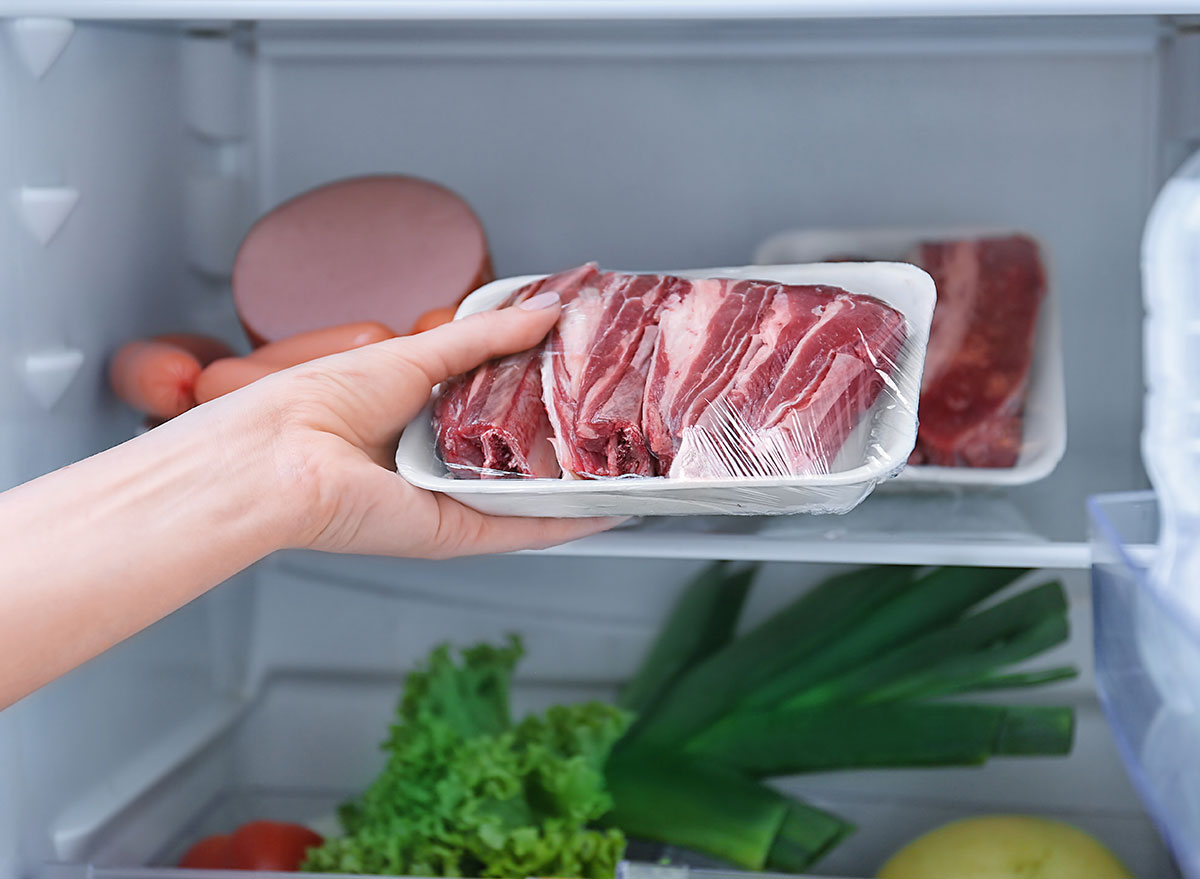
Your fridge is a big tool to fight foodborne illness at the barbecue, too.
"When you get home and are storing the meat in your fridge, don't stack the meat packages on top of each other," Schlungger says. Keep them in a single layer on the bottom level so nothing drips onto your other items on ice. Ideally, you want to be sure to keep your (products) cool.
"Store food in the refrigerator until you're ready to grill. Don't let raw meat sit outside while preheating your grill—especially on a hot day—as it can grow bacteria," Bolling says.
Mistake: Washing your chicken.
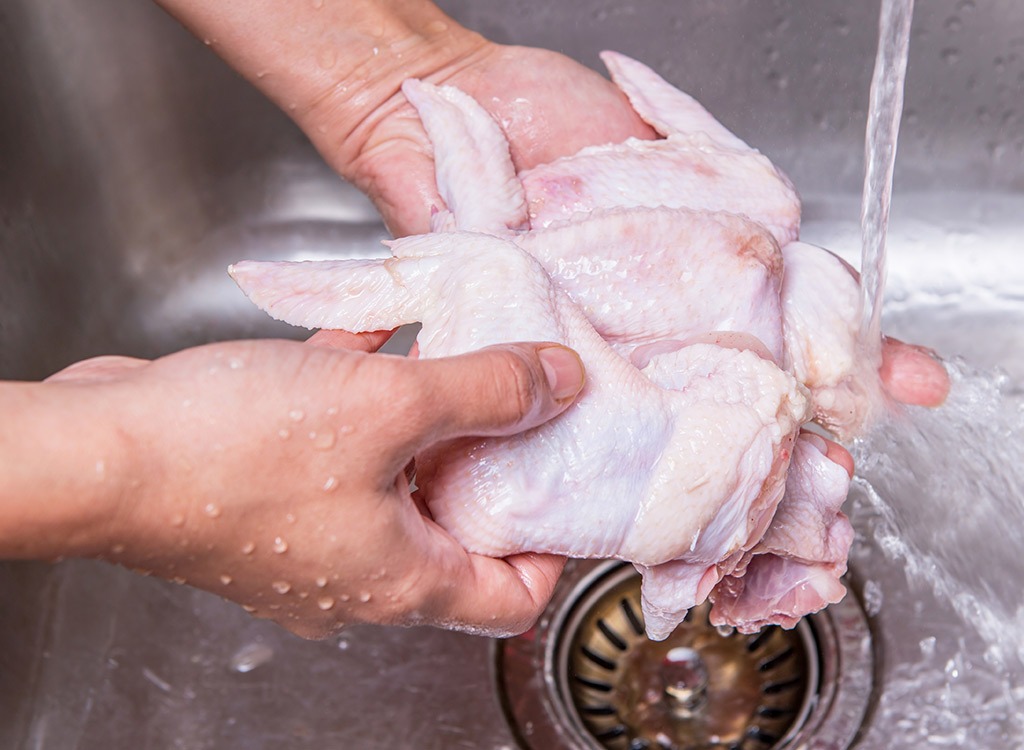
The CDC and United States Department of Agriculture (USDA) are on a mission to undo the advice that Julia Child passed along in the 1960s. It's not only unnecessary; it's downright unsafe to wash your chicken before cooking. Doing so will simply spread any potential pathogens around the bird—and possibly your kitchen as well—while you're prepping other items for the 'cue.
"The interesting thing is that there's no level of E. coli allowed in ground beef that is sold. You can sell chicken with levels of salmonella, so it's crucial to be very vigilant with poultry," Schlungger says. Imagine you rinse off your chicken, germs fly everywhere, and then you cut up your burger's onions on a cutting board that happened to be in the spray of bacteria. That doesn't sound too appetizing, does it?
Mistake: Slicing into fruits and vegetables without washing first.
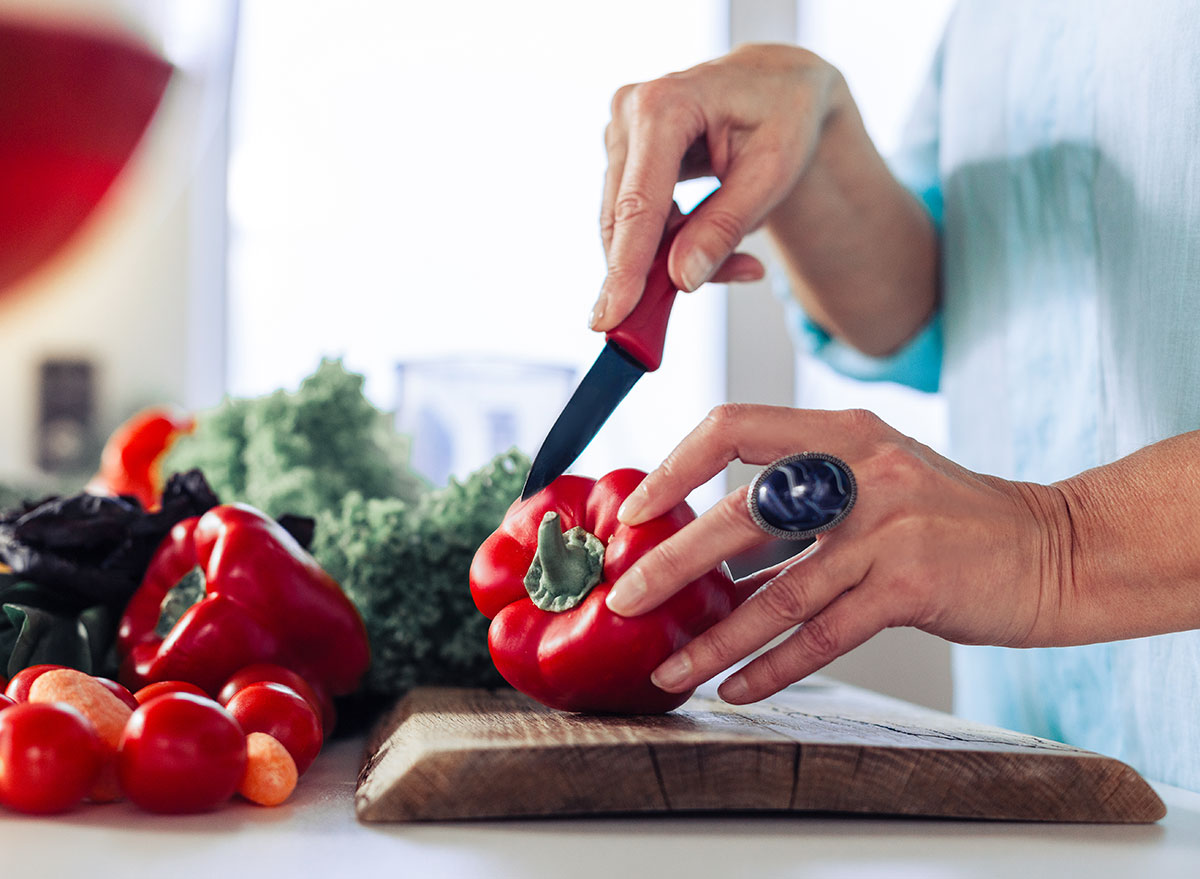
Think you're in the clear with pineapple, peppers, and other produce you throw on the grill? Think again. Cut fruits and veggies have been involved in a slew of food recalls lately because any bacteria on the skin can be easily introduced to the inside of the ingredient if you cut before cleaning.
"Clean vegetables and fruit thoroughly before grilling. If you're grilling meat and vegetables on the same grill, use different utensils and plates to handle and transport them to avoid cross-contamination," Bolling says.
Schlungger recommends using a brush for items with a rough or sturdy exterior, such as a cantaloupe or potato, to get into the crevices and dislodge any caked-on grime. You might only think about grill safety when it comes to meats, but veggies, starches, and fruits could also cause you to become sick if not properly handled.
Mistake: Using the same cutting board for meat and non-meat ingredients.
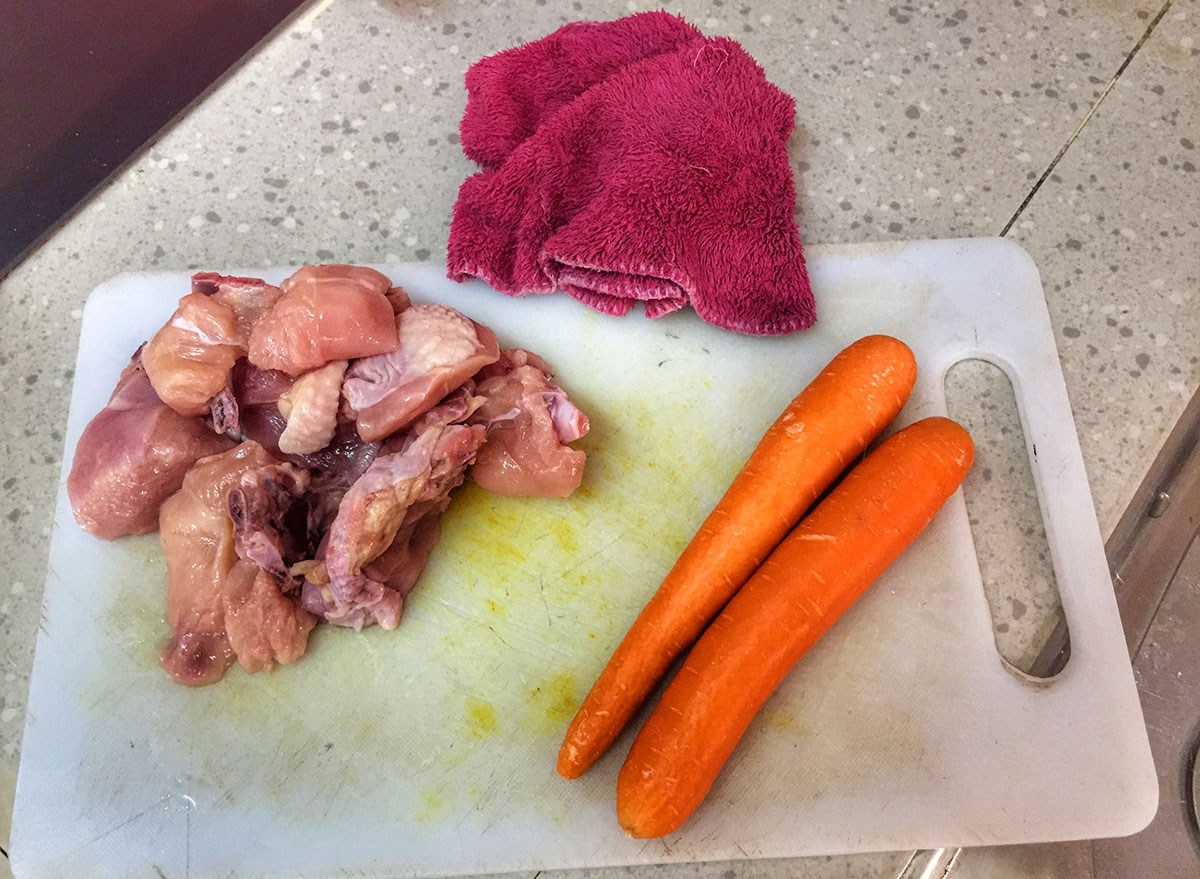
Once you're spiffed-up and set to slice, make sure to keep your poultry, produce, seafood, and meat separate. Invest in different cutting boards for each, and mark them clearly to ensure you know which you use for each job. Your safest bet is to use the same board for each category every time to avoid any potential pathogens hiding out in knicks and score lines.
Mistake: Utilizing the same platters and utensils for raw and cooked cuisine.
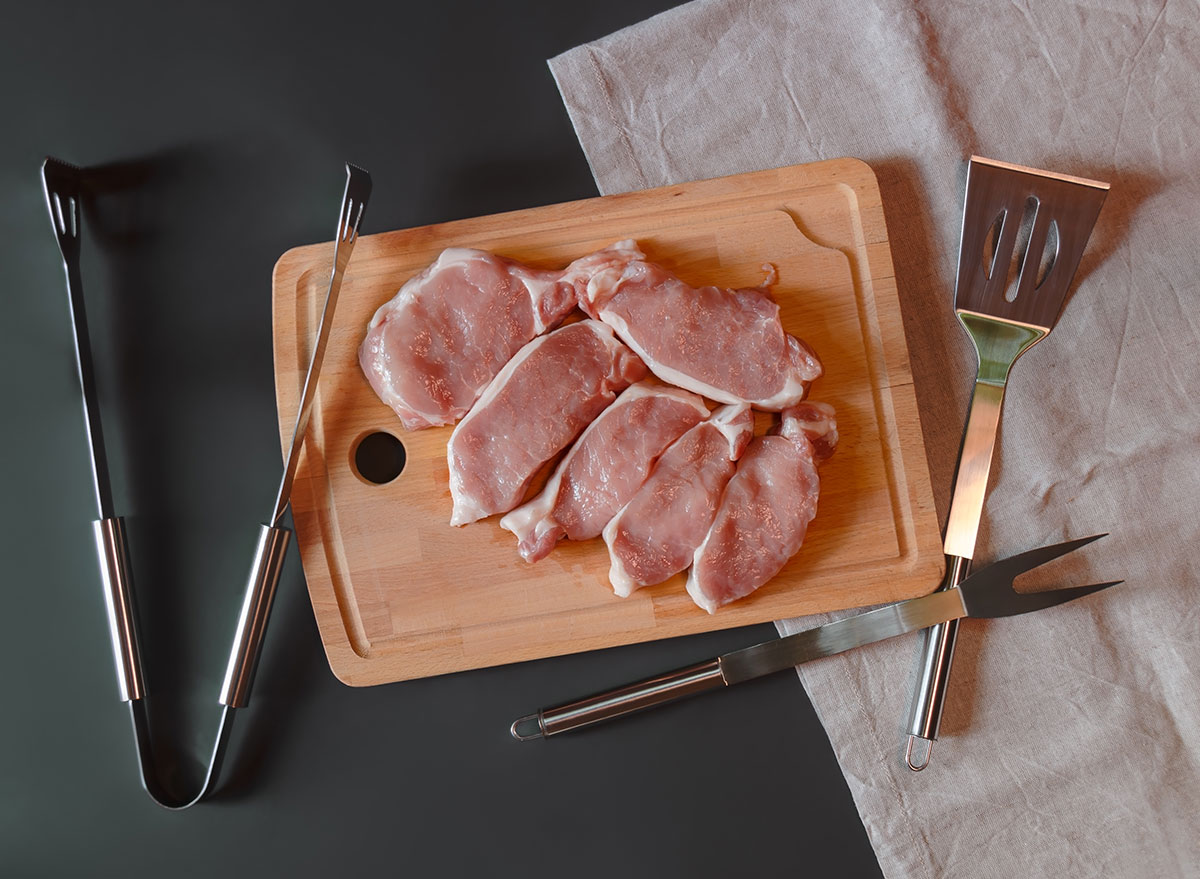
Cross-contamination is the most common grilling food safety faux pas, Schlungger says, and this step, in particular, is easy to forget. Don't use the same platter and utensils for raw and cooked meat. Once you transfer raw animal products to the grill, reach for a new set of tongs and swap in a fresh platter. Yes, it means going back to the kitchen, but that's better than being sick later on!
"Clean utensils like tongs, brushes, and thermometers immediately after handling raw foods. If you have two sets of tongs, we suggest marking one with masking tape and using that only for fully cooked foods," Bolling says.
Mistake: Grilling produce too close to meat.
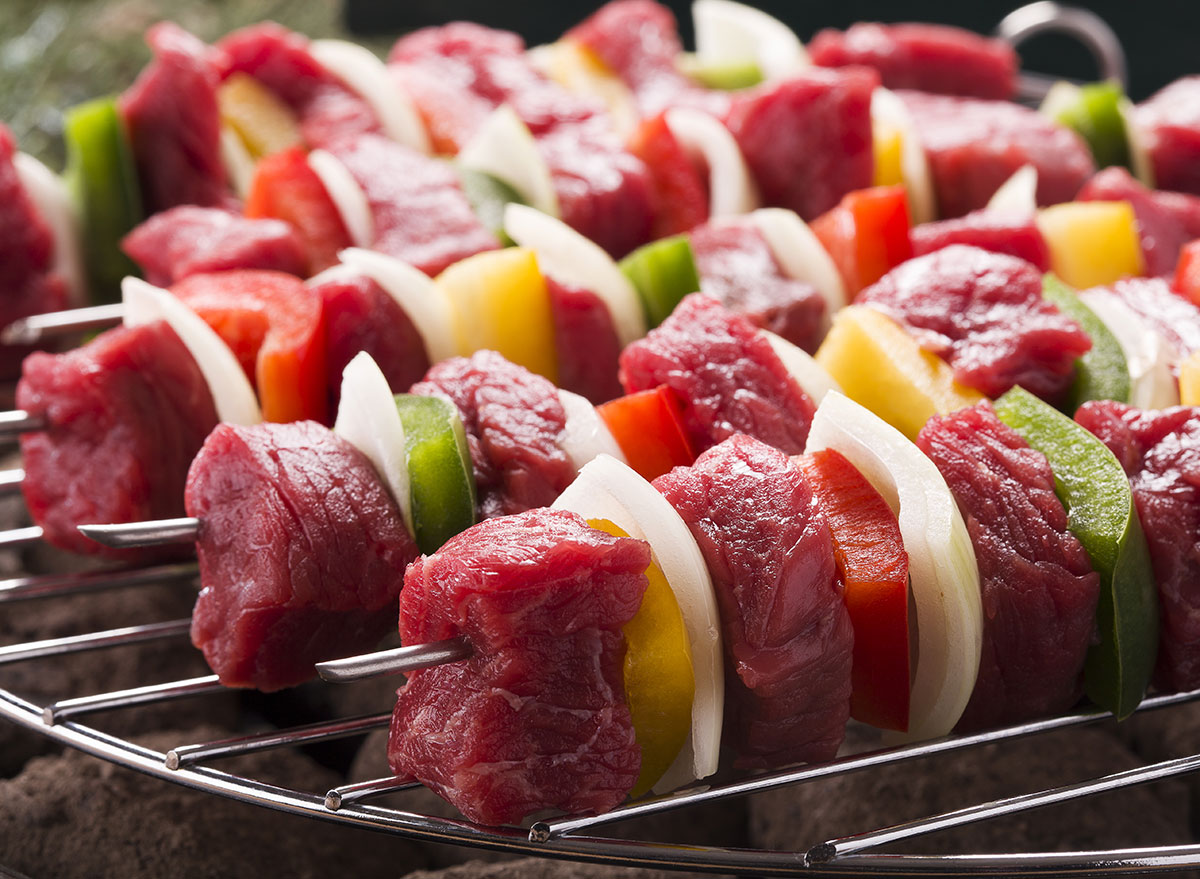
A good zone defense isn't just for sports, but it's also a major key when it comes to beating foodborne illness.
"Use different zones on a grill to cook meats and non-meats to avoid cross-contamination. For example, you don't want raw chicken next to cooked broccoli. This allows cooking a variety of ingredients at different temperatures, too. For example, you could sear steaks in the hotter zone, while grilling delicate vegetables in a cooler zone," Bolling says.
If you have multiple racks, Sturgis recommends employing the top rack for separate items than the bottom.
"Cook fruits and vegetables last, because they do cook fast," he says. If you don't have tiers of grate space, "you can also use aluminum foil or grill baskets when cooking fruits and vegetables. This helps keep them together without falling into the fire." Plus, aluminum foil or grill baskets help keep them separate and away from meat to avoid cross-contamination.
Mistake: Basting with the same marinade you used to flavor raw meat.
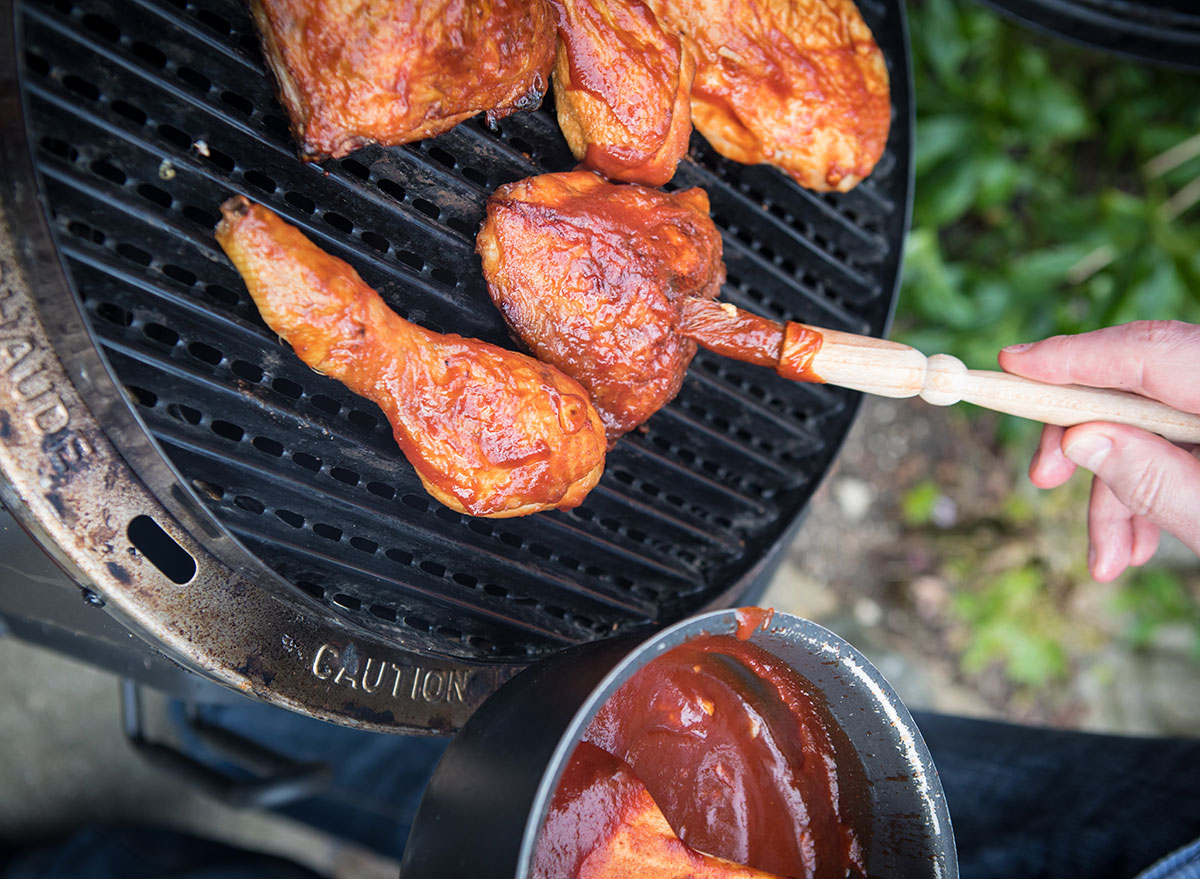
We're all for boosting the flavor of plain ol' chicken, but not at the risk of getting sick. Luckily, there's an easy fix to master marination.
"Marinate in the refrigerator, then throw this out. Rather than basting with that marinade, mix up a new batch with the same ingredients and amounts," Schlungger says. You don't want to be brushing the same marinade you rubbed on raw meat onto partially cooked or fully cooked meat on the grill.
Mistake: Applying sauce too soon.
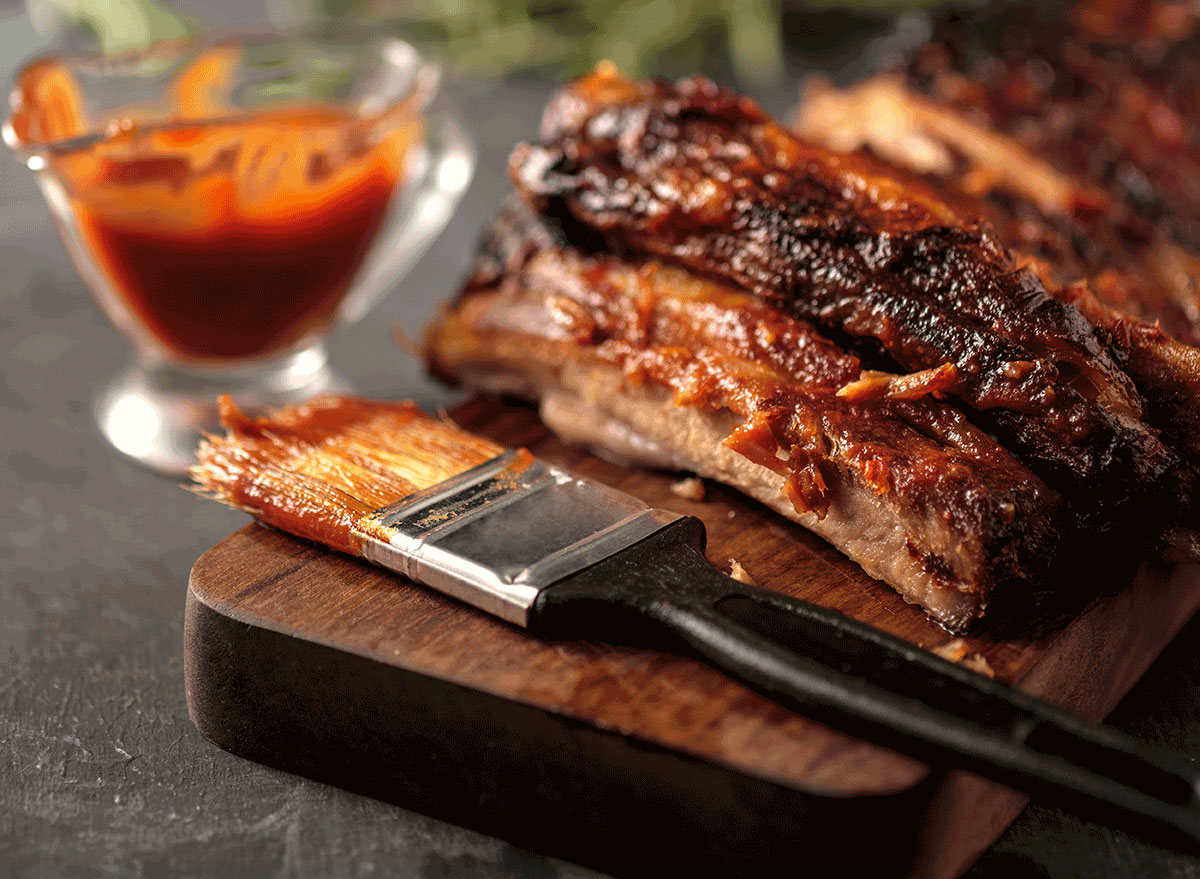
Speaking of getting saucy, Bolling says you must time it right.
"If possible, apply sauces to meat after it's done cooking, as opposed to during, to keep your basting brush from becoming contaminated by uncooked meat," she says. Again, you don't want to use something that's touched uncooked meat on something that's done cooking.
Mistake: Guessing on the temperature of your finished product.
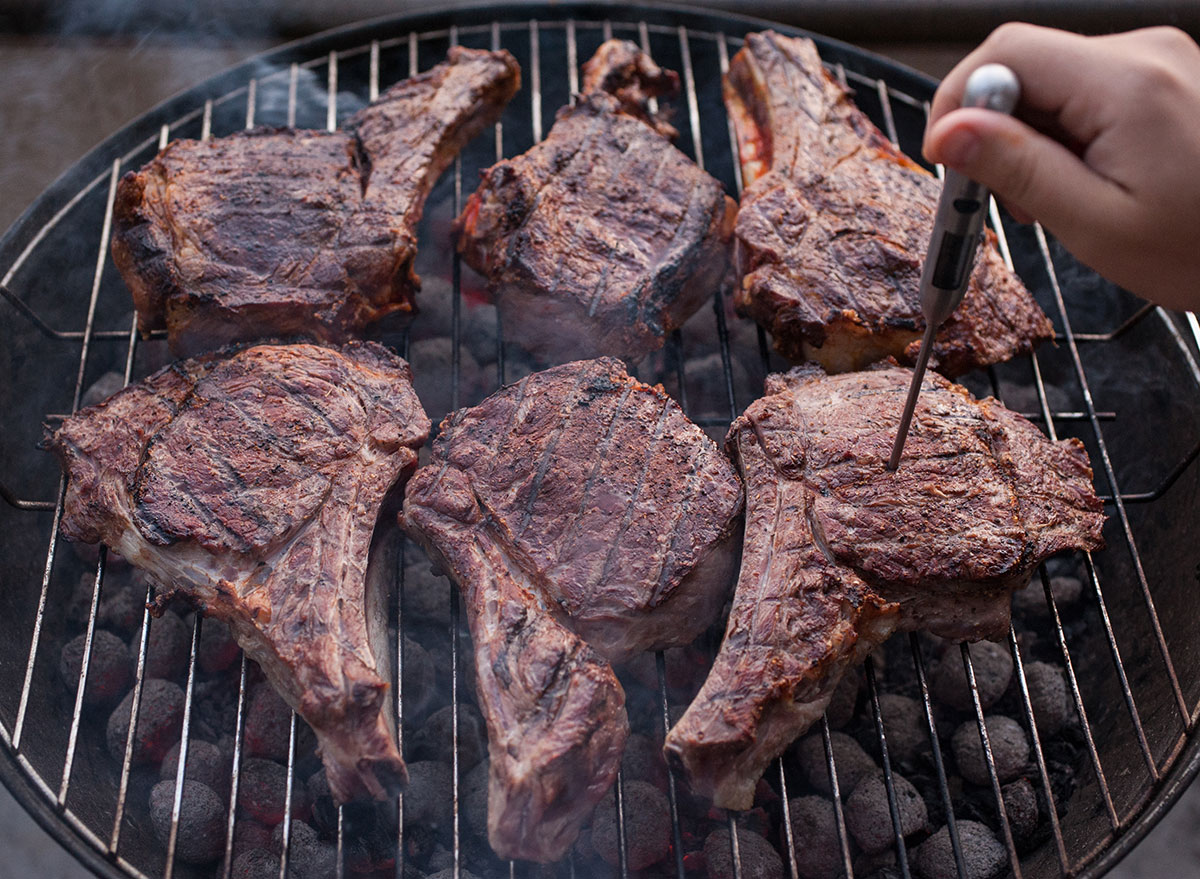
Thermometers aren't just for testing if you have a fever. All three of our pros promote investing in a meat thermometer to monitor your meat to make sure it reaches the correct internal temperature that's safe to eat.
"Even if chicken has nice grill marks, it can still be raw in the center. An instant-read thermometer is the most effective tool for checking doneness," Bolling says.
"Cooking to the right temperature should destroy any of the pathogens," Schlungger adds.
Her team at Stop Foodborne Illness designed a food safety chart to summarize the numbers to watch for on your thermometer reading. Here's what you need to keep in mind for common good-to-grill items:
- Burgers/ground meat (except poultry) to 160°F
- Chicken and poultry (including ground varieties, such as turkey burgers) to 165°F
- Whole cuts of meat, including pork, to 145°F, with a 3-minute rest time before serving
- Fish and shellfish to 145°F
Mistake: Allowing leftovers to sit out too long.
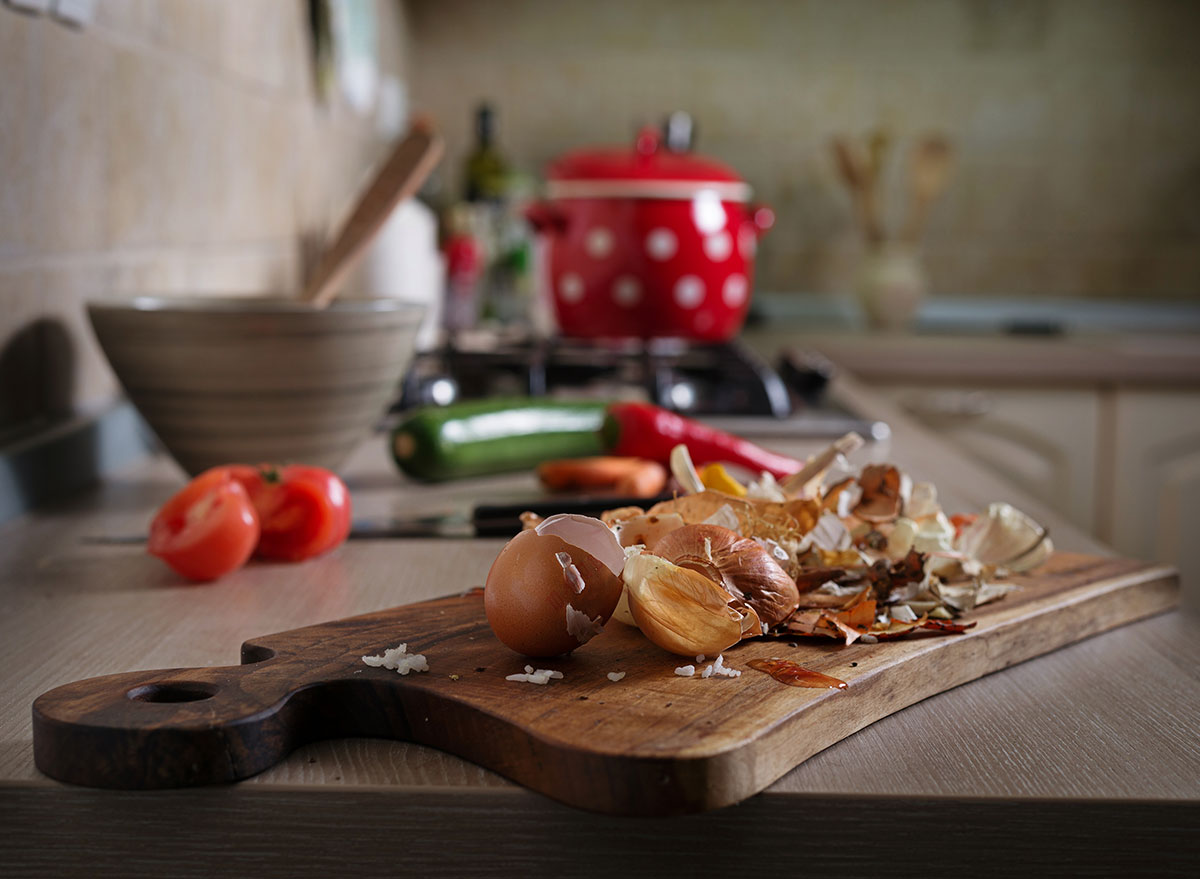
Sometimes your worst grilling mistake can happen after you've put the fire out and finished cooking. To avoid inviting E. coli, staphylococcus, salmonella, campylobacter, and other foodborne illness-promoting party crashers to the barbecue, the USDA says to keep food out of the "Danger Zone" of between 40°F and 140°F as much as possible. Don't allow food to sit at room temperature for more than two hours, or one hour if you're serving outside and the temperature is 90°F or above.
"People often leave leftovers outside or on a buffet table for hours. But leftover grilled foods should be promptly refrigerated," Bolling says. That means cooking to order or serving everyone at the same time is best, as opposed to cooking up a big batch of burgers and letting them sit out and letting people serve themselves over the course of your hours-long barbecue.
Mistake: Saving leftovers when they may have landed in the danger zone.
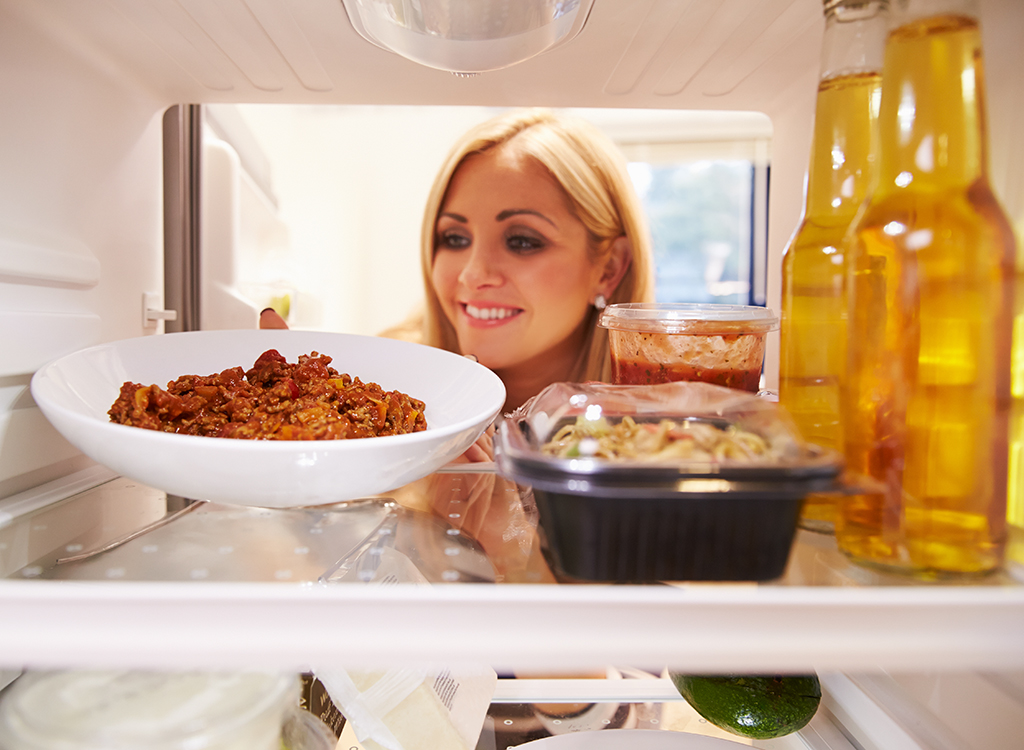
Bring a cooler filled with ice if you're eating off-site, or transfer everything to the refrigerator as quickly as possible once people are finished serving themselves.
"I always tell people to not to leave food out in the hot summer sun for more than 30 minutes to be safe," Schlungger says. Unsure of whether the zone was breached? Follow Schlungger's basic advice: "When in doubt, throw it out."

